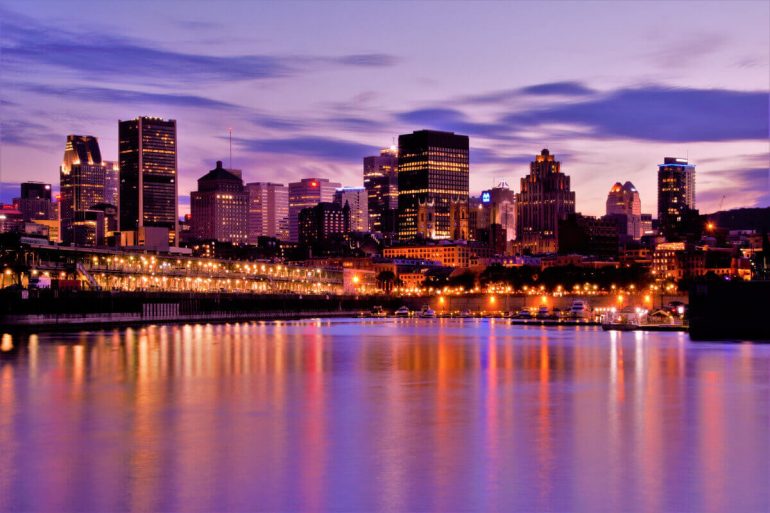StartupBlink, a Swiss interactive platform for startups, has released its 2019 Ecosystem Ranking Report, with Canada holding on to the third position, boasting five cities in the top 100 startup ecosystems globally.
“Canada’s major strength lies in the distribution of strong startup hubs scattered throughout the country.”
Along with Canada, the US, UK, and Israel all held on to the top four spots for countries with the strongest startup ecosystems. However, Canada’s typical tech hubs fell in the rankings compared to 2017. This year, Toronto ranked 15, after dropping four spots, while Vancouver dropped six places to 24. Montreal also dropped 15 places to the 49th strongest startup ecosystem.
But at the same time as Canada’s biggest tech hubs are moving down, smaller Canadian ecosystems are moving up. Ottawa, for example, jumped from 102 to 63 in the global ranking, and Edmonton jumped up 30 spots, now ranking in the top 100 cities.
“Canada’s major strength lies in the distribution of strong startup hubs scattered throughout the country,” the report stated. “At the same time, this is also the country’s major weakness, as Canada doesn’t have a London or Tel Aviv, a hub city is where things of magnitude are frequently built.”
StartupBlink using algorithms that analyze tens of thousands of data points on more than 50,000 startups, accelerators, and coworking spaces that are part of its Global StartupBlink community. It also used data from global partners including Crunchbase and SimilarWeb to build its annual ranking system. The rankings reflect both momentum and trends in each city.
According to the report, Canada’s high ranking can also be attributed to eight additional cities ranked between 100 and 200, including Calgary, Kitchener, Waterloo, Quebec City, Victoria, Kingston, and Halifax. StartupBlink specifically explored two of these emerging Canadian ecosystems, Kingston and Edmonton, and analyzed why these cities are worth watching.
The report acknowledged Kingston for its foreign direct investment strategy, human capital, and lifestyle. The city has received similar praise from PCMag and UK-based Financial Times fDi Magazine. The report said Kingston offers startups world-class infrastructure, human capital, and market access. Kingston is ranked by PCMag as the fastest wireless city in North America and ranked by the Canadian Centre for Policy Alternatives as the best city in Canada to live for women.
RELATED: Kingston-based Sparq Systems partnering with General Electric
StartupBlink also cited Kingston’s many spoken languages, and its diversity of startup across cleantech, biotech, smart cities, SaaS, food, and agriculture as contributing factors to its rising status as a startup ecosystem. The city also provides startups human capital from three post-secondary institutions: Queen’s University, St Lawrence College, and Royal Military College.
The report also named Edmonton, home to nearly 400 tech companies, as one of Western Canada’s most dynamic startup ecosystems. A majority of Edmonton’s homegrown companies excel in AI and machine learning, as well as augmented and virtual reality, web and mobile apps, video games, healthtech, and big data.
Edmonton’s ecosystem thrives from a combination of what the report called a “strong entrepreneurial culture and the backing of top-five-in-world research institutions.” The University of Alberta is ranked third globally for AI and machine learning research, according to the global computer science rankings.
In 2018, as part of a Pan-Canadian AI Strategy, the government of Canada took part in a $125 million investment to build on and grow AI strengths at the University of Alberta. The provincial government also pledged $100 million for the field of AI over the next five years.
Edmonton has 11 co-working spaces, three accelerators, and over 20 incubators, and is also home to institutes like the Metabolomics Innovation Centre and the National Institute of Nanotechnology. In 2017, the city became home to Google’s first international DeepMind AI office.
StartupBlink noted that Canada’s overall startup ecosystem as growing, and pointed to the role government, press, and public institutions have been playing to make that happen, helping promote and develop startups as a strategic goal within the country.
Image courtesy Unsplash


